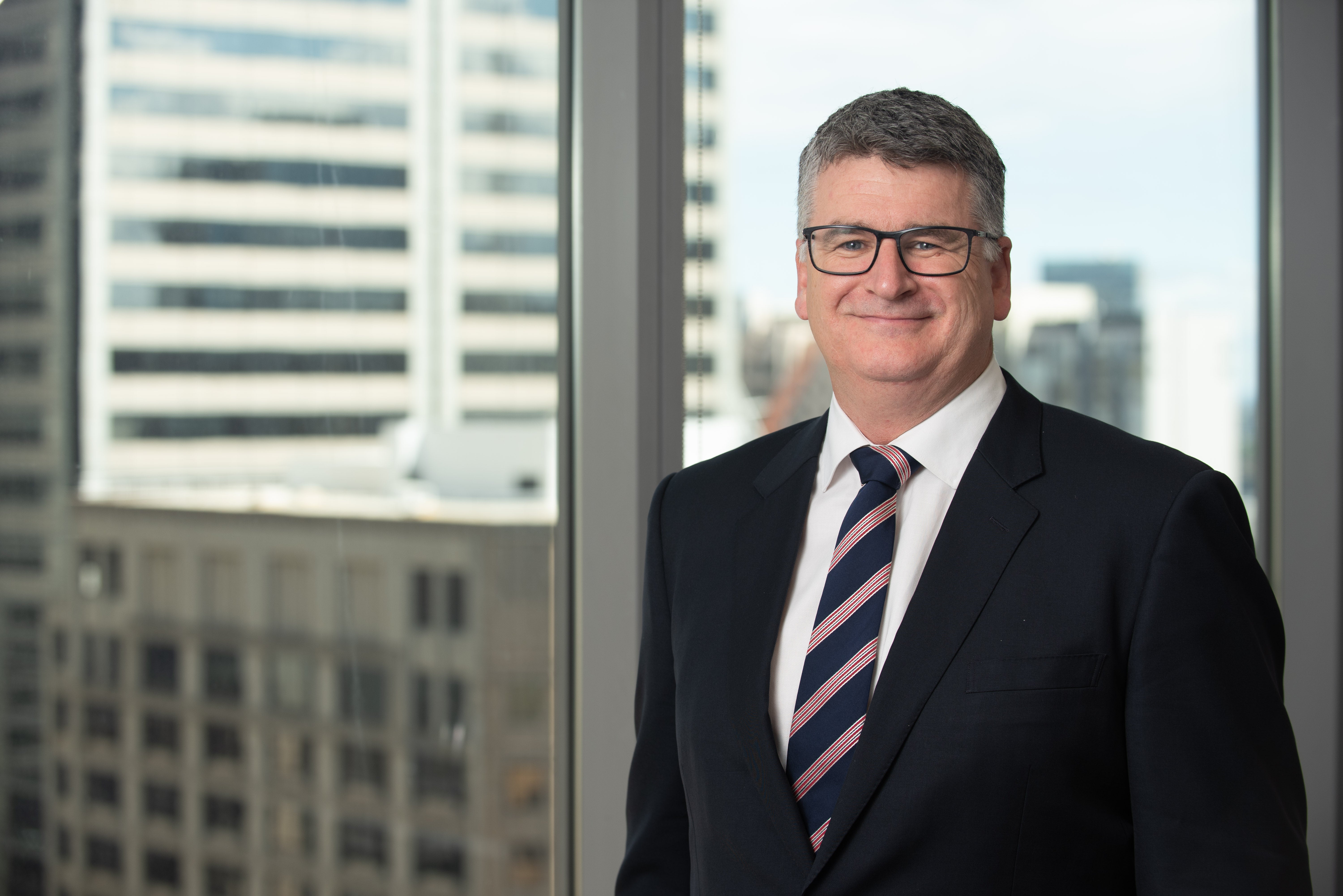
General Counsels are under increasing pressure to lead adaptive change in the legal supply chain. Whether it’s from the CFO, other business services leaders or General Managers who are footing the bill, scrutiny of the efficiency and value of the legal function has been increasing and is not going away any time soon.
Anthony Kearns, the Chief Client Experience Officer and Practice Lead, at Lander & Rogers, shares his top three lessons for leading adaptive change in business services for over 15 years are:
- Adopt an appreciative mindset
- Create safe-to-fail experiments
- Speak to your people where they are
Appreciative mindset
In any functioning system people are doing good things but most change initiatives start with leaders focusing on what’s not working. Why is that? More importantly, what are the unintended consequences of this deficit mindset? The most important consequence is that the people doing great work, (i.e. your best performers), can feel overlooked, undervalued and disengaged. In the rush to fix what is wrong you can also overlook the people who are already quietly modelling the change you want to see (positive deviants). Finally, a deficit mindset fosters negative emotions that undermine creativity, energy and engagement: all the things you need the most. Instead of looking at what’s wrong, first find everything that is currently working, particularly those people who are breaking your rules to achieve better outcomes and then find ways to amplify what they do.
Be Experimental
The biggest mistake made in leading change is trying to change too much too quickly. This approach significantly increases the risk of failure, primarily because it significantly increases the risk of participation. Change in business services always involves risk to the participants. They may let stakeholders down, they may undermine their reputation, they may lose their job and you may not have sufficient status to protect them (or yourself for that matter). Business services leaders need to first create trust that following them will be a sensible decision. Instead of putting together a grand plan and building a business case for massive investment in consultants, technology and “right-sizing”, identify lots of small experiments that you can protect initially and quickly amplify if they show signs of working. This way you build trust, buy-in and investment as you go.
Meet your people where they are
When communicating change initiatives, leaders generally follow the same playbook: emphasise the risks of staying the way we are and the benefits of changing. As logical as this seems as an approach it is likely to increase rather than reduce resistance to change. The problem with this as an approach is it is the opposite to what your people are focused on. They are focused on what is good about the way things are and the risks of changing. If you don’t address these issues when communicating with them you will be likely be seen by them as ignoring what is good about the current approach, dismissive of their contribution to date and lacking in empathy. Importantly, this is not someone they will feel like following through major change. Next time you are communicating a change initiative to your team make sure you spend as much time acknowledging the strengths of the current state and the fears they have about the change as you do focusing on the imperative for change and how good it will be when you get there.
As with all my recommendations these are based on extensive research. If you would like to read further these are good places to start:
- The work of Professor David Cooperrider on Appreciative Inquiry challenges the assumption that a "burning platform" is the only place where change happens.
- Dave Snowden's research on leading change in complex adaptive systems and the Cynefin framework presents a new way of thinking about change in complexity. Also check out Jennifer Garvey-Berger's wonderful book Simple Habits for Complex Times.
- Barry Johnson has been researching the concept of polarities since 1975 and wrote a really useful book called Polarity Management in 1992. When you communicate all elements of the polarity you reduce the fear of change in your people.
Article by: Anthony Kearns the Chief Client Experience Officer and Practice Lead, Consulting at Lander & Rogers

Anthony Kearns is an expert facilitator, adult educator and strategy consultant who helps General Counsel optimise the performance of the legal supply chain. He works exclusively with in-house legal teams of large corporates to ensure that their function is aligned with key value drivers of the business and working in the most efficient way. He also works with legal leaders to build capability in leading sustainable high-performance and adaptive change both within the legal function and across the organisations they serve.
Anthony has worked as a litigation lawyer, risk management consultant, leadership development manager and as a senior executive in both a global law firm and an international engineering company. He is a Senior Fellow at the Melbourne Law School and has lectured at a number of US Law Schools including Harvard where he has been a visiting lecturer since 2010 and has helped design the first ever law school program in Judgment and Decision Making. He has degrees in Law and Science from the Australian National University, a Masters of Applied Positive Psychology from the University of Melbourne and has completed the Teaching and Learning Program at the Hasso Plattner Design School at Stanford University. He is a qualified mindfulness teacher, executive coach and is accredited in Appreciative Inquiry Facilitation and a number of assessment tools. Anthony’s clients include Wesfarmers, ANZ Bank, AMP, CBA, Lendlease, Alinta and AGL.
akearns@landers.com.au
https://au.linkedin.com/in/anthony-kearns-2b905b18
+61417420524